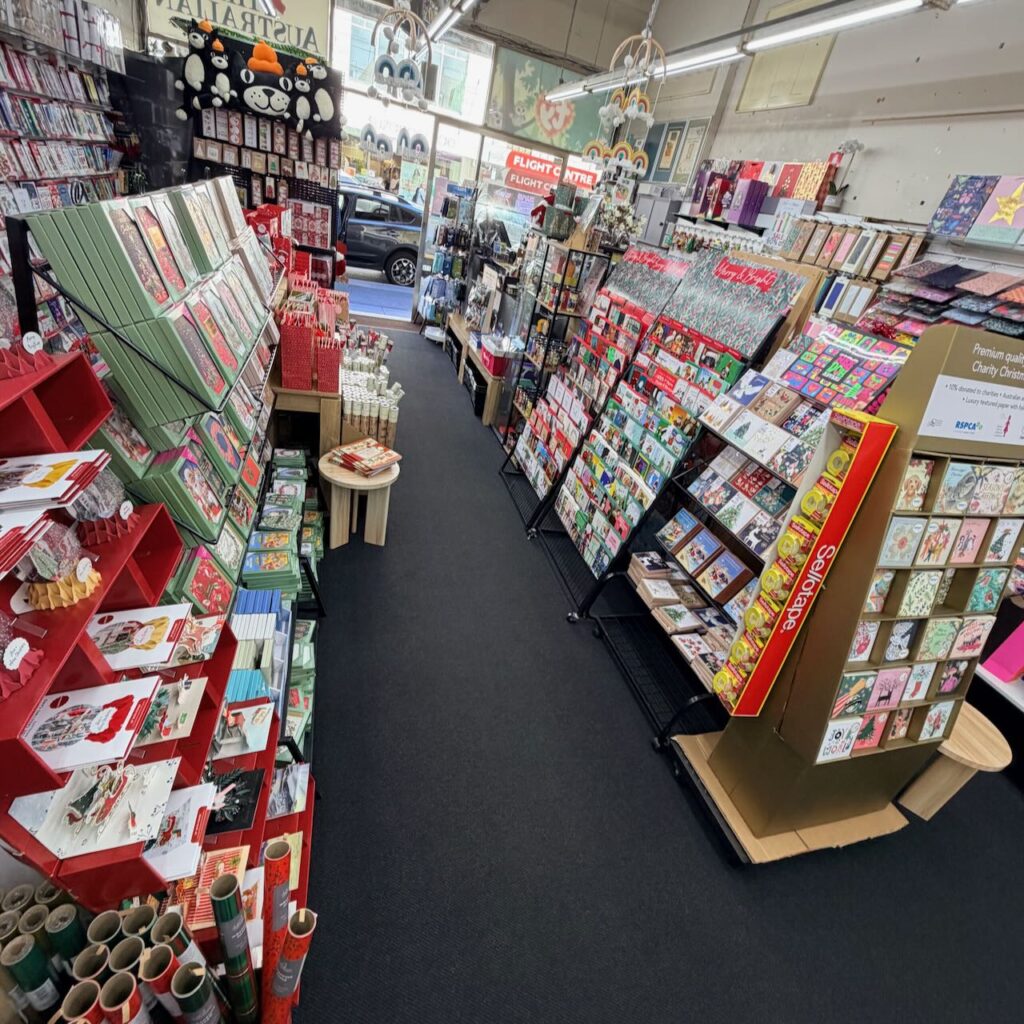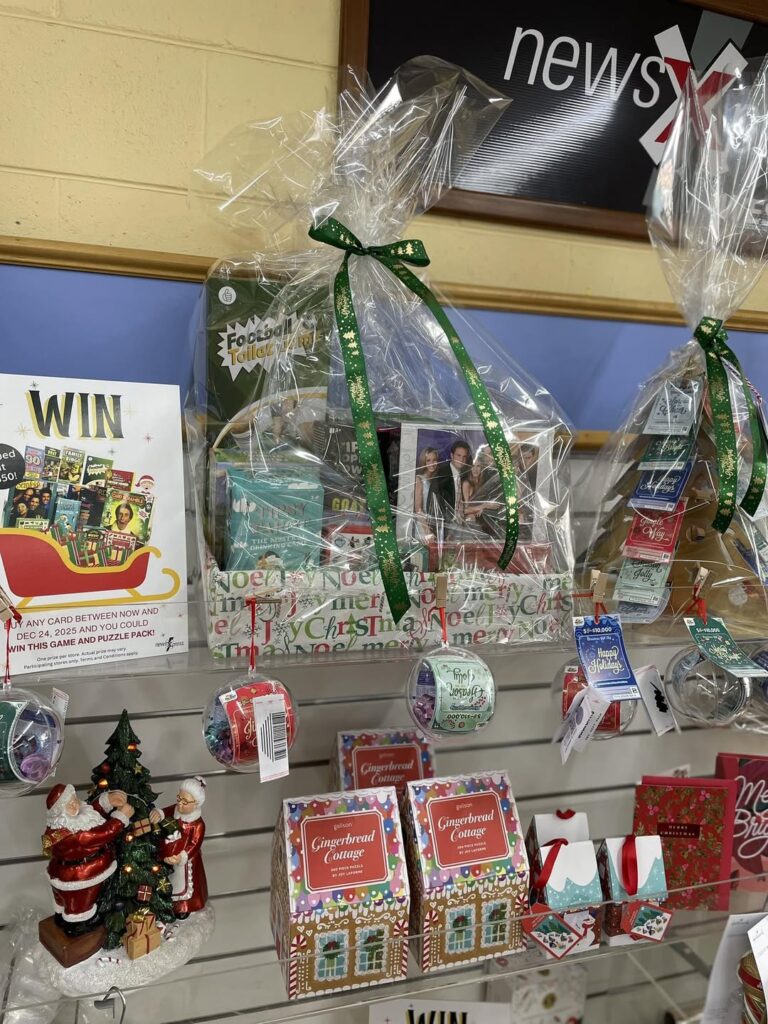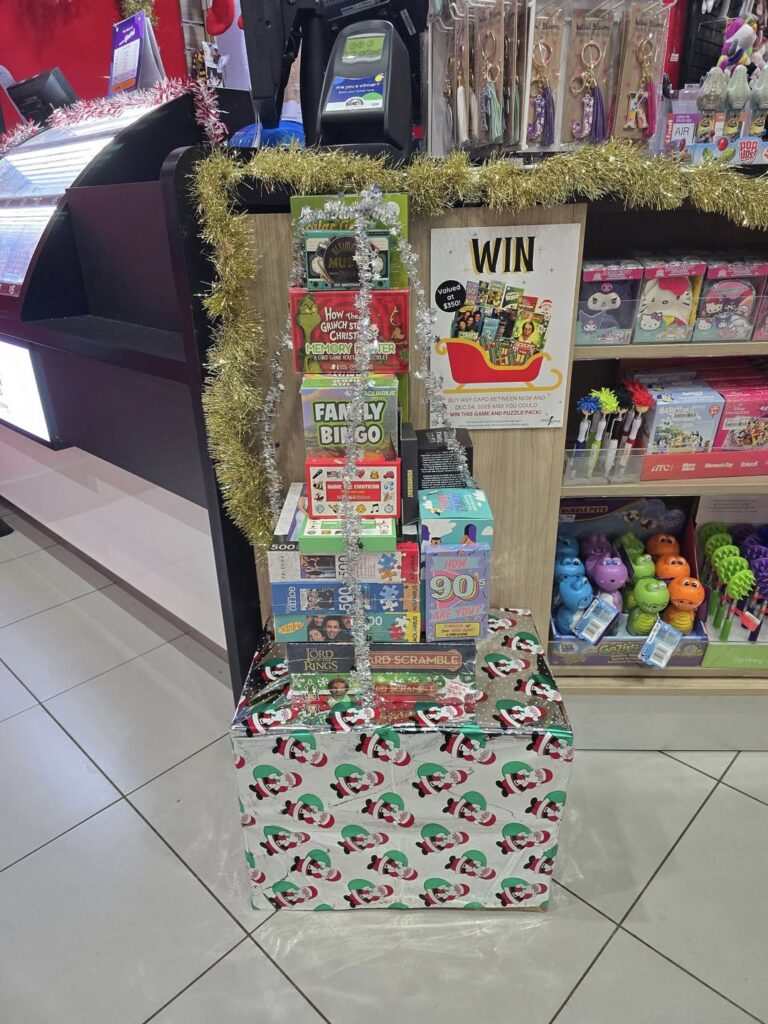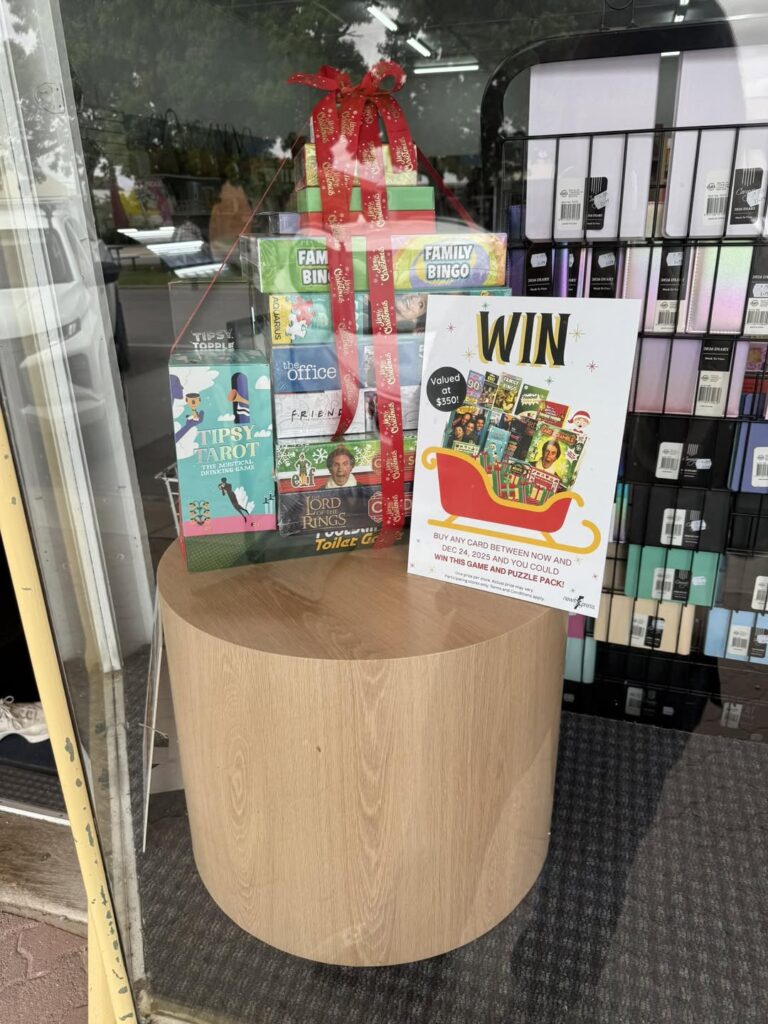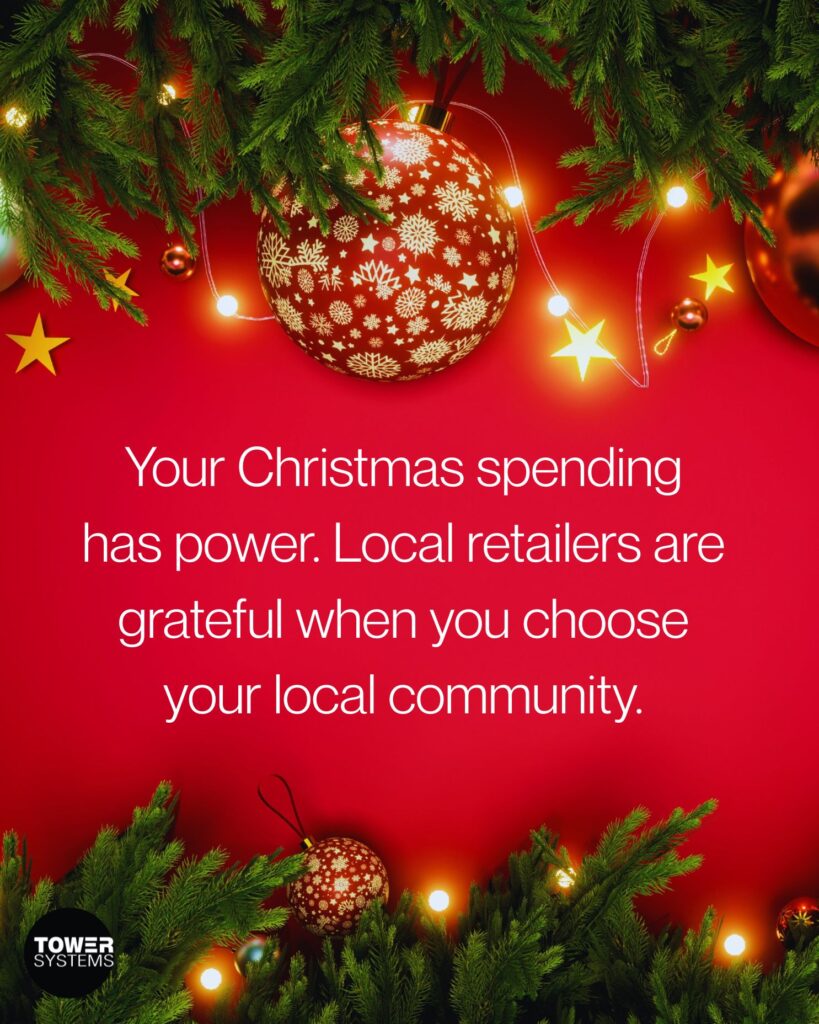Advice for Australian newsagents: Why do people shop with you and why this needs to be considered as part of your pricing strategy
Transitioning from a “supplier agent” to a “professional retailer” requires a fundamental shift in pricing strategy. Drawing on decades of experience in the Australian newsagency channel, in this post I look at why chasing “cheap” hurt the industry in the 90s and why a premium approach is the only path forward in 2026. From auditing your software’s markup settings to curating a “no cheap shit” inventory, this post outlines how to stop the “ignorant fear” of price increases and start demanding the return your retail space deserves.
Plenty of what a typical newsagency business sells is price-controlled, with prices set by suppliers. Newspapers, magazines, lottery products, greeting cards – they all have prices set outside the business.
Despite this, Australian newsagency businesses continue to be considered expensive. It’s been thus for decades. I remember back in the 1990s there was a push to get newsagents to price compete on stationery.
So-called leaders in our Australian newsagency channel back then chased cheap generic products because they thought being cheap was what was needed to win business. They bought badly, delivered sub-standard products and it hurt newsagency businesses. They didn’t;t know better. They were agents, not retailers, put into positions of power serving businesses competing with professional retailers.
The notion of cheap is subjective. To me, it’s about good value and my value equation considered the time I have to send to find and buy what I need. Convenience has value, which I consider when it comes to price.
And this brings me to what’s on my mind today – your approach to determine the price of the products you sell over which you have control of the retail price.
Too many newsagents still fail to set retail prices as high as they could without negatively impacting sales volume. While, for sure, they can do what they like. Not even exploring what might work is ignorant in my view.
Let’s talk about pricing stationery.
I suspect that most stationery purchased in Australian newsagency businesses is purchased because it is convenient. Convenience has a cost to the retailer, which should be factored into the retail price of products.
My own baseline mark-up for stationery is 125%, and it has been for many years. I do this without considering the prices of nearby retailers. I started doing this years ago when I realised people thought newsagencies were expensive. I figured I might as well meet their expectations.
Coupled with the mark-up approach is a commitment to quality. No cheap shit. I’ll leave that to the discount variety stores nearby, and there are plenty.
There are some items where we go above 125%, because we can.
Newsagencies I have worked with that have increased their markup on stationery have reported no reduction in unit sales and a nice increase in margin dollars earned.
Based on my decades of experience owning newsagency businesses and my work with hundreds of newsagents over the years and considering what I see in plenty of indie retail businesses I see overseas, charging what you can is a much better strategy than charging based on ignorant fear.
Something else to consider when pricing stationery is the stock-turn you achieve. If products are held for longer, because they are seasonal or you like to hold range for that time someone needs it, this has to be reflected in your approach to pricing. It connects back to convenience.
Take a look at your mark-up.
It’s possible pricing is set without management oversight in your newsagency business. Look at the settings in your newsagency software. Are you achieving the best margin you can? If there is room to increase prices, do it, now, not some time down the track. While it’s work, it’s also money in the bank right away.
I appreciate there may be voices in the business, or in your head, saying that you can’t increase prices because it will hurt sales, because customers will complain. Take a beat – are you happy with stationery sales? Are you making with you want / need from stationery? Is the department paying for the retail space and the labour involved? For sure, if you’re 100% happy, leave it, don’t waste your time. However, if you are unhappy, change is needed. A price increase and the greater attention you give the department as a result could be the change you want, and are grateful for.
Your prices need to reflect what you need.
I think key to this discussion is consideration of why we charge for what we sell. It’s a service, which has some risk associated with it.
By deciding to charge more you can lean into this with a view of your business that it is premium. When you do this, when you see your business as premium, you can open yourself to make other decisions that support a premium experience. Now, by premium experience, I mean the music you place, the scent of the shop, the quality of the products you sell, sampling opportunities and comfort in and of the shop – temperature, seating and more – these can all play into a unique and loved premium experience.
Don’t put it off.
It would be easy to do nothing about this. I have seen it plenty of time over the years – hearing abut a move that will make money, and no action being taken. That’s what it comes down to – do you want to maximise the return you achieve from and with your Australian newsagency?
Over or you.
I can’t let it go: Doing nothing is the easiest path, but it’s also the most expensive one. Every day you wait to review your markups is a day of missed margin that could be sitting in your bank account. You have the tools and the specialty software to make these changes in minutes, not weeks. Decide today that your newsagency is a premium retail environment, price your goods accordingly, and leave the ‘cheap’ race to the big-box stores that can afford it. You’ve worked too hard to settle for less than your business is worth. Take the beat, check your settings, and make the change.
…
Mark Fletcher founded newsagency software company Tower Systems and is the CEO of newsXpress, a marketing group serving innovative newsagents who continuously evolve their businesses to be enjoyable, relevant and successful. You can reach him on mark@newsxpress.com.au or 0418 321 338.
